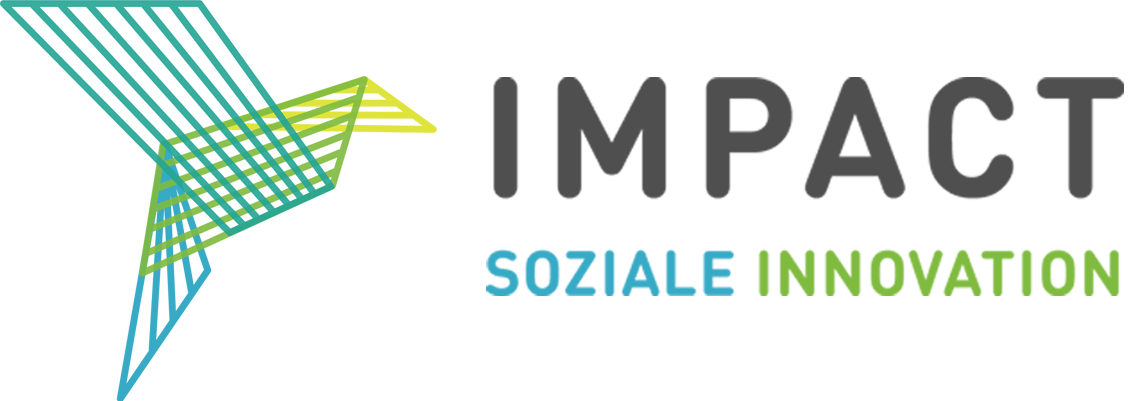Achim Oberg leitet das Forschungsteam „Digitalisierung und Wettbewerbsfähigkeit im Mittelstand“ am Institut für Mittelstandsforschung an der Universität Mannheim. Er studierte Wirtschaftsinformatik an der Universität Mannheim und an der Universität St. Gallen und promovierte an der Universität Jena. In seiner Forschung verwendet er netzwerkanalytische und statistische Verfahren, um komplexe Prozesse der Digitalisierung von Organisationen zu erfassen und zu verstehen. Zur Erklärung inner- und inter-organisationaler Phänomene setzt Achim Oberg organisationstheoretische und soziologische Ansätze ein. Seit Juli 2020 hat Achim Oberg die Professur für Soziologie, insbes. Digitale Sozialwissenschaft (“Sociology with a Focus on Digital Social Science”) an der Universität Hamburg inne.
Kontaktinformation
|
|
|


